Dua For Leaving Bathroom In English, Transliteration, And Arabic
The Prophet (peace and blessings be upon him) taught us to make dua before entering the bathroom and after leaving it, as it has numerous benefits. Find out the dua for leaving bathroom meaning and benefits.
Advertisements
Dua For Leaving The Toilet in Arabic
The Dua for leaving the toilet is a short supplication and can be written in Arabic text as,
غُفْرَانَكَ
Dua When Leaving The Toilet Transliteration
The transliteration or pronounciation of Dua when leaving the bathroom is
Ghufranaka
Advertisements
Dua For Leaving Bathroom In English
The meaning of the dua for leaving bathroom is (O Allah) I seek forgiveness and pardon from You.
Ghufranaka Meaning
The meaning of ghufranaka in English is I ask You [O Allaah] for Your forgiveness.

After I did what i had to do and then i want to leave the toilet what should i say?
The prophet SAW used to say which translates to i ask you allah for forgiveness.
Why do i say such a thing?
Advertisements
Scholars say that you ask Allah for forgiveness because as Allah relieved your body from toxic waste from things that are harmful for your body.
Aa’ishah, may Allaah be pleased with her, reported that when the Prophet, sallallaahu alayhi wa sallam, would leave the bathroom, he, sallallaahu alayhi wa sallam, would say:
I ask You [O Allaah] for Your forgiveness.
Advertisements
An-Nawawi, may Allaah have mercy on him, said:
Many Ahaadeeth have been reported regarding leaving the bathroom, but none of them are authentic besides the Hadeeth of Aa’ishah that has been mentioned.
The appropriateness of asking for forgiveness when leaving the bathroom is that when a person relieves themselves of harmful toxins within their body, they remember the harmful toxins of sin.
So, they ask Allaah the Exalted to remove the toxins of sin just as He bestowed on them by removing the toxins of the body.
This is appropriate in that it uses one thing to remind of another.
It was said that human strength is deficient in giving due thanks for what Allaah the Exalted favors a person with, in terms of facilitating food, drink, and organizing the food in an appropriate manner than benefits the body until it is about to leave, they would resort to seeking forgiveness, out of admitting their deficiency in reaching the due right of thanks for those blessings and favors.
As Allah Azzawajal facilitated you to eat and drink and now gave you the permission to dispose of such waste.
Likewise you have a lot on your shoulders meaning sins that burden you so you ask Allah Azzawajal as he gracefully relieved you from such waste and filth that may have harmed your body.
You pray to him that he relieves you from your sins that may take you to his torment and wrath on the day of judgment.
In Islam, there are specific etiquettes (Adab) associated with using the toilet. These etiquettes are derived from the teachings of Prophet Muhammad (peace be upon him) and are considered part of good hygiene and manners. Here is a list of some basic toilet etiquettes in Islam:
- Entering with the Right Foot: Enter the bathroom with your right foot and say, “Bismillah” (In the name of Allah).
- Exiting with the Left Foot: Leave the bathroom with your left foot and say, “Ghufranak” (I seek Your forgiveness).
- Privacy: Maintain privacy and avoid exposing your private parts to others.
- Cleanliness: Ensure cleanliness by using water and/or toilet paper. Islam encourages the use of water for cleansing, which is considered more thorough and hygienic.
- Avoid Facing or Turning Back to the Qiblah: While using the toilet, avoid facing or turning your back directly towards the Qiblah (the direction of the Kaaba in Mecca).
- Silence and Focus: Maintain a focused and silent demeanor while in the bathroom. Avoid unnecessary talking or actions.
- Use of the Left Hand: Use the left hand for cleaning yourself, as the right hand is considered more pure and is used for eating, greeting, and other clean activities.
- Dua (Supplication): Upon leaving the bathroom, say the supplication “Ghufranak” again and thank Allah for the ability to relieve oneself.
- Avoid Using Offensive Language: Refrain from using offensive or vulgar language while in the bathroom.
- Conservation of Water: Be mindful of water usage, as wasting water is discouraged in Islam.
Advertisements

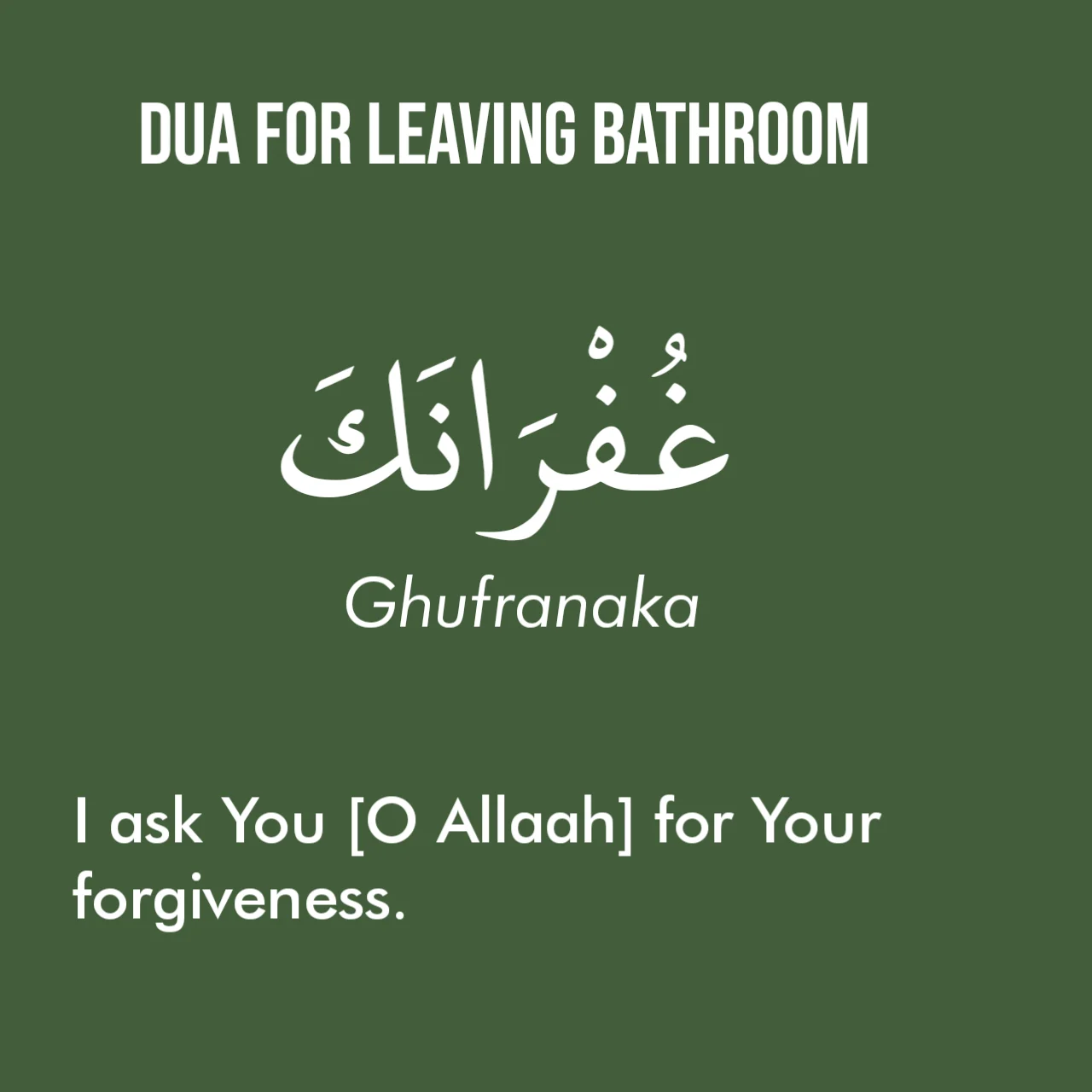
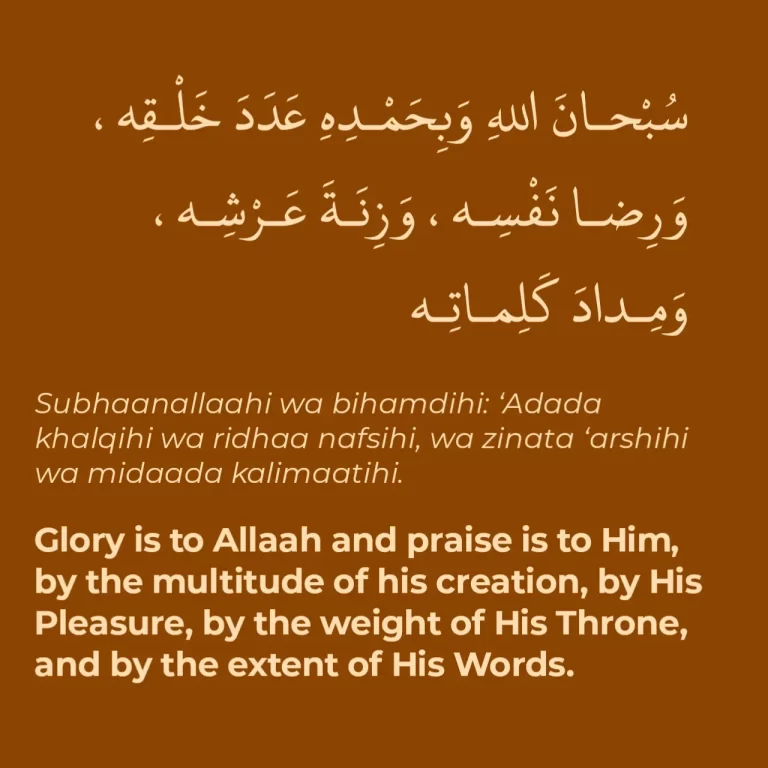

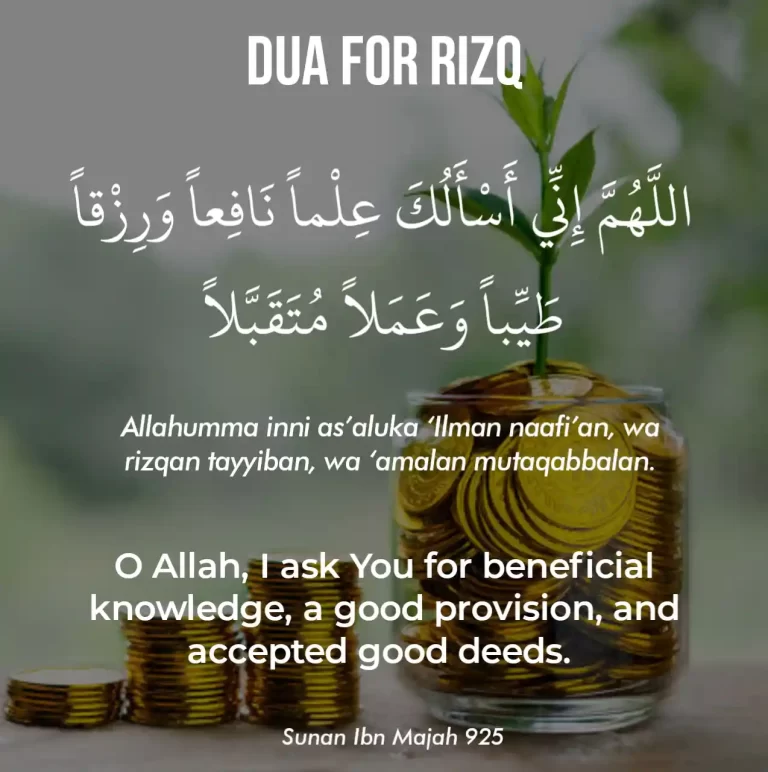
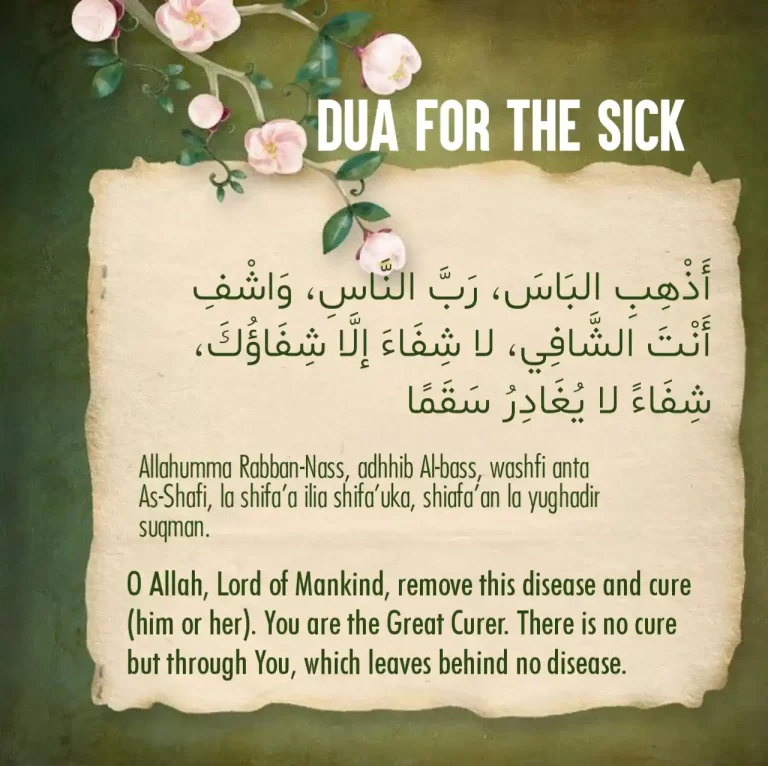

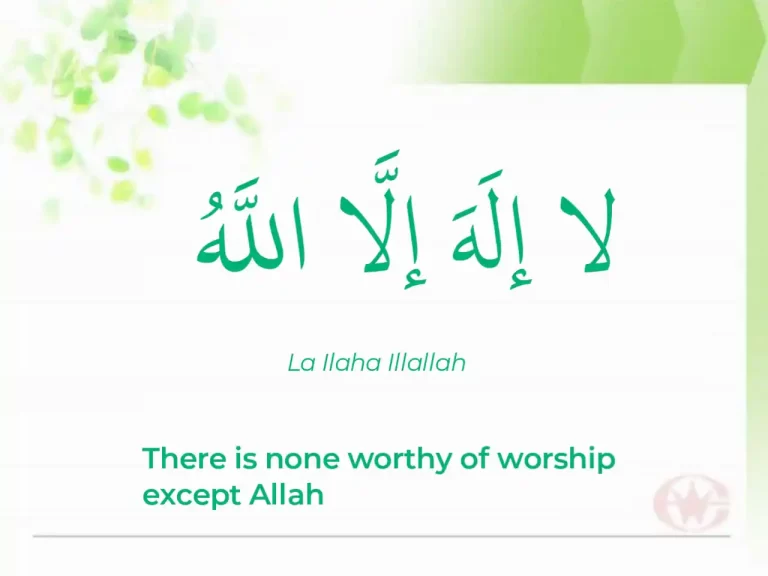
One Comment